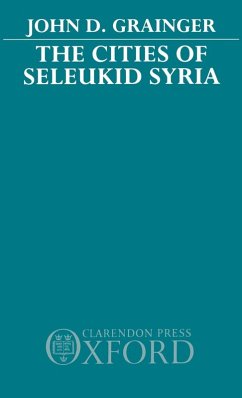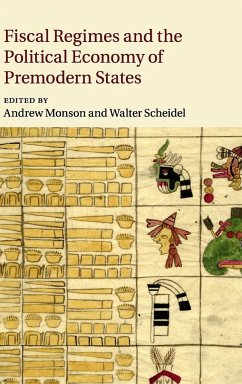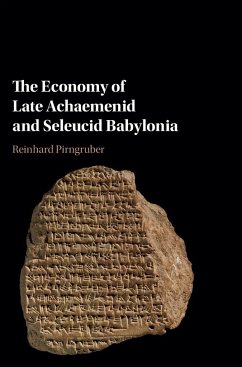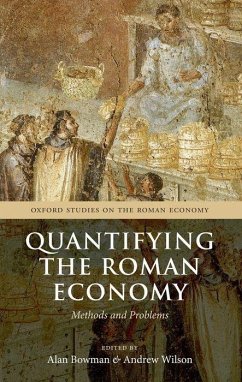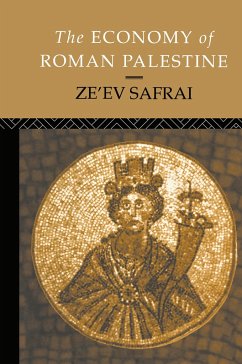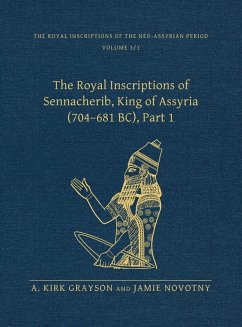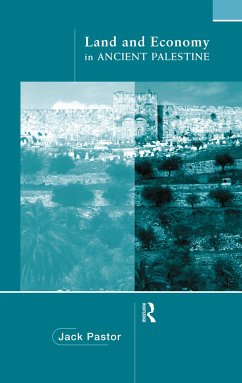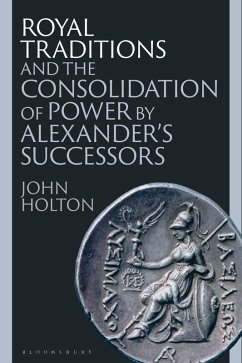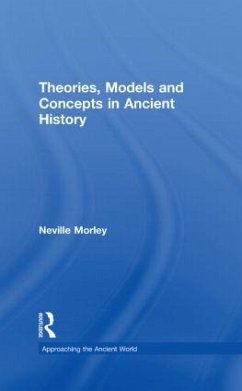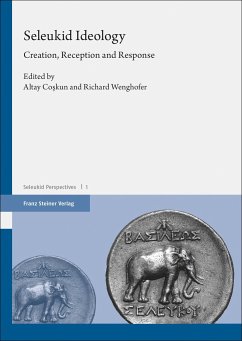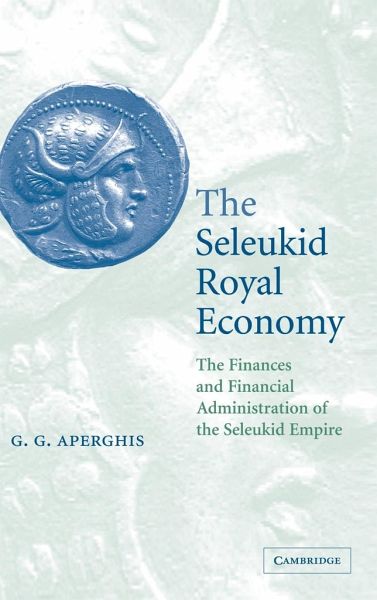
The Seleukid Royal Economy
Versandkostenfrei!
Versandfertig in 1-2 Wochen
79,99 €
inkl. MwSt.
Weitere Ausgaben:

PAYBACK Punkte
40 °P sammeln!
The Seleukid empire, the principal successor-state of the empire of Alexander the Great, endured for over 200 years and stretched, at its peak, from the Mediterranean to the borders of India. This book provides a wide-ranging study of the empire's economy and the methods used by the Seleukid kings to monetise and manage it so as to extract tribute, rent and taxes as efficiently as possible. It uses a variety of Greek literary sources and inscriptions, cuneiform texts, archaeological, numismatic and comparative evidence to explore in detail the manner of exploitation of their lands and subjects...
The Seleukid empire, the principal successor-state of the empire of Alexander the Great, endured for over 200 years and stretched, at its peak, from the Mediterranean to the borders of India. This book provides a wide-ranging study of the empire's economy and the methods used by the Seleukid kings to monetise and manage it so as to extract tribute, rent and taxes as efficiently as possible. It uses a variety of Greek literary sources and inscriptions, cuneiform texts, archaeological, numismatic and comparative evidence to explore in detail the manner of exploitation of their lands and subjects by the Seleukid kings, their city-building activity, the financing of their armies and administration, the use they made of coinage and their methods of financial management. The book adopts a highly original, numerical approach throughout, which leads to a quantified model of the economy of an ancient state.





